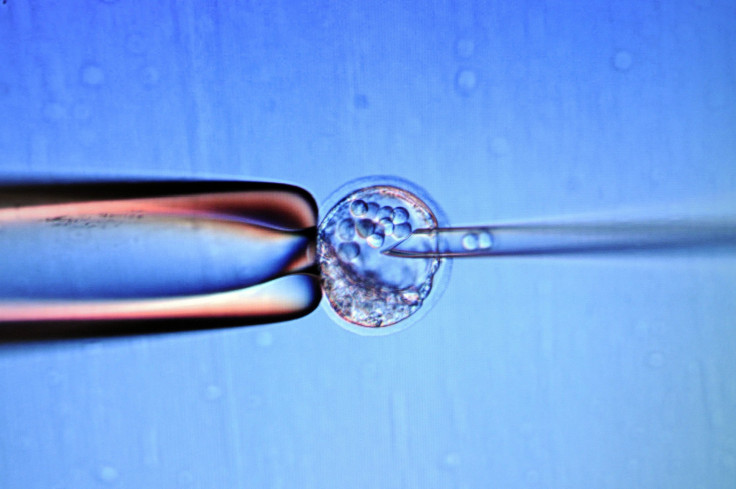3-Parent Babies Could Become Normal With New DNA Technique Approval

A baby with three parents born in Mexico in 2016 may soon have some company, now that the British government’s Human Fertilisation and Embryology Authority has granted approval for two women to have babies using genes from more than two people.
The in vitro fertilization technique is similar to the way other babies are conceived through IVF, except the doctors trade out the detrimental mitochondrial DNA a mother has contributed to an egg and replace it with healthy mitochondrial DNA from a female donor. When added to the genes from the father’s sperm, the embryo has three genetic parents — two women and one man. It is known as mitochondrial replacement therapy, or MRT.
The HFEA previously gave the green light to British clinics for the procedure and granted the first license to perform it to northeastern England’s Newcastle Fertility Centre, part of Newcastle University. Individual approval for patients, however, was still required.
Two women with fatal genetic diseases now received the first approval to have three-parent babies, according to the AP.
It was unclear what fatal diseases the mothers would be avoiding passing on to their children but in the case of the baby born in Mexico, a woman had carried the genes for the neurological disease Leigh syndrome, which causes a loss of mental and motor function and kills babies with a few years of birth. The embryo that grew into the world’s first-parent baby was created to prevent those genes from being passed on.
Mitochondrial diseases come in all forms, such as muscular dystrophy and maternally inherited diabetes and deafness.
At the time Newcastle was granted the first license to perform the MRT procedure, the university said it hoped to work with about 25 patients a year and planned to follow up with the resulting children over a long period of time.
While supporters of the new technology point to its ability to prevent devastating diseases in children and help couples have babies, critics worry that it is another technology that will lead to “designer babies” with traits chosen by parents — a concern that opponents have expressed about other embryo-related genetic manipulations as well.
© Copyright IBTimes 2024. All rights reserved.





















